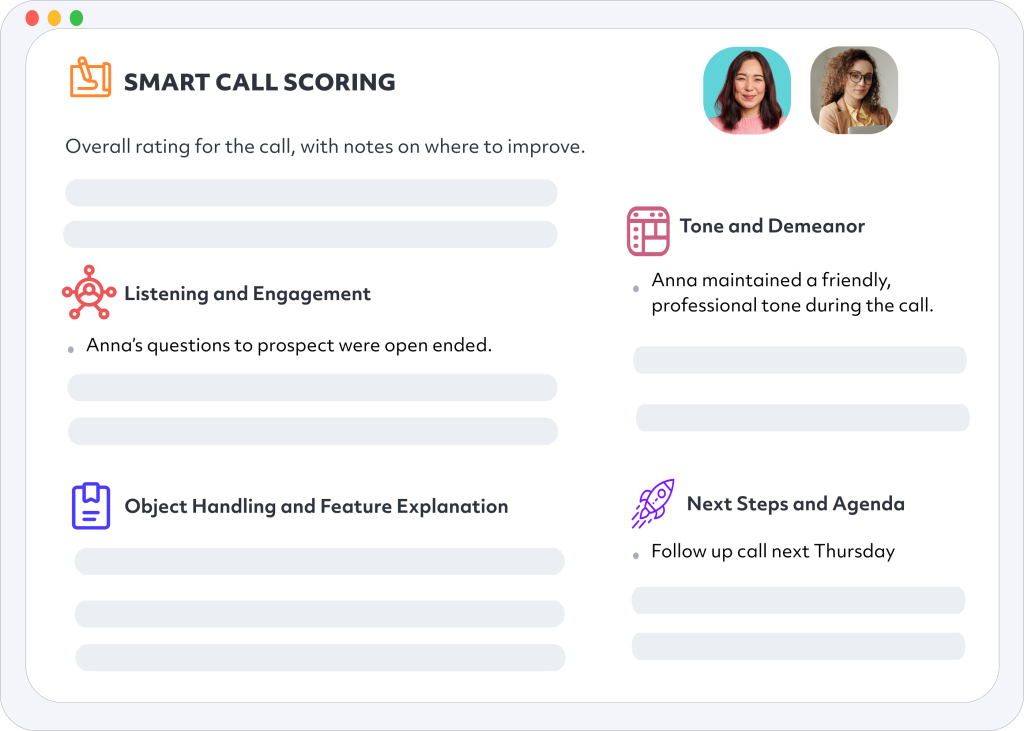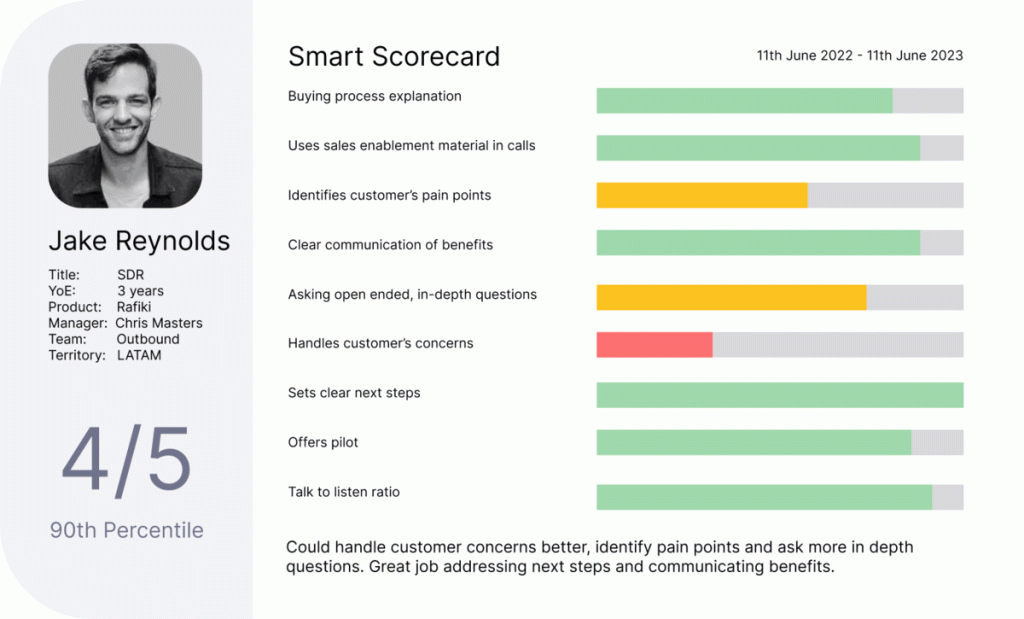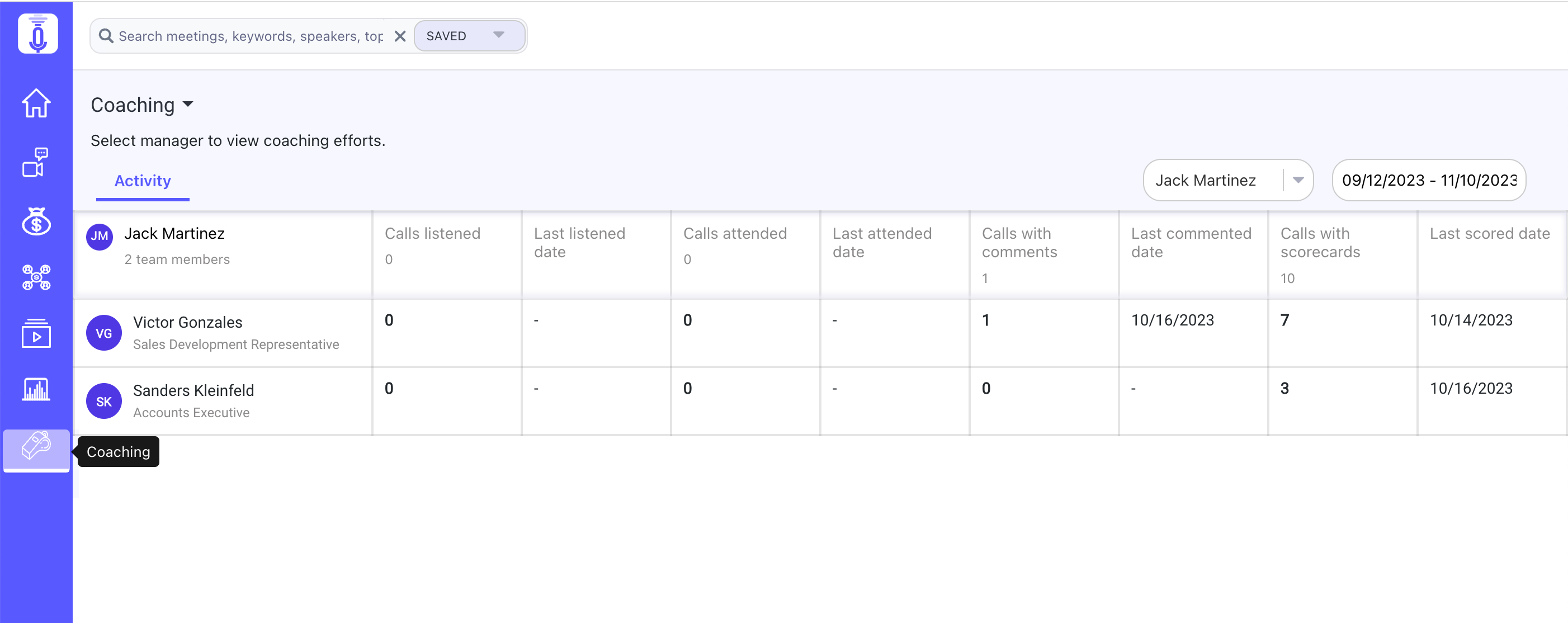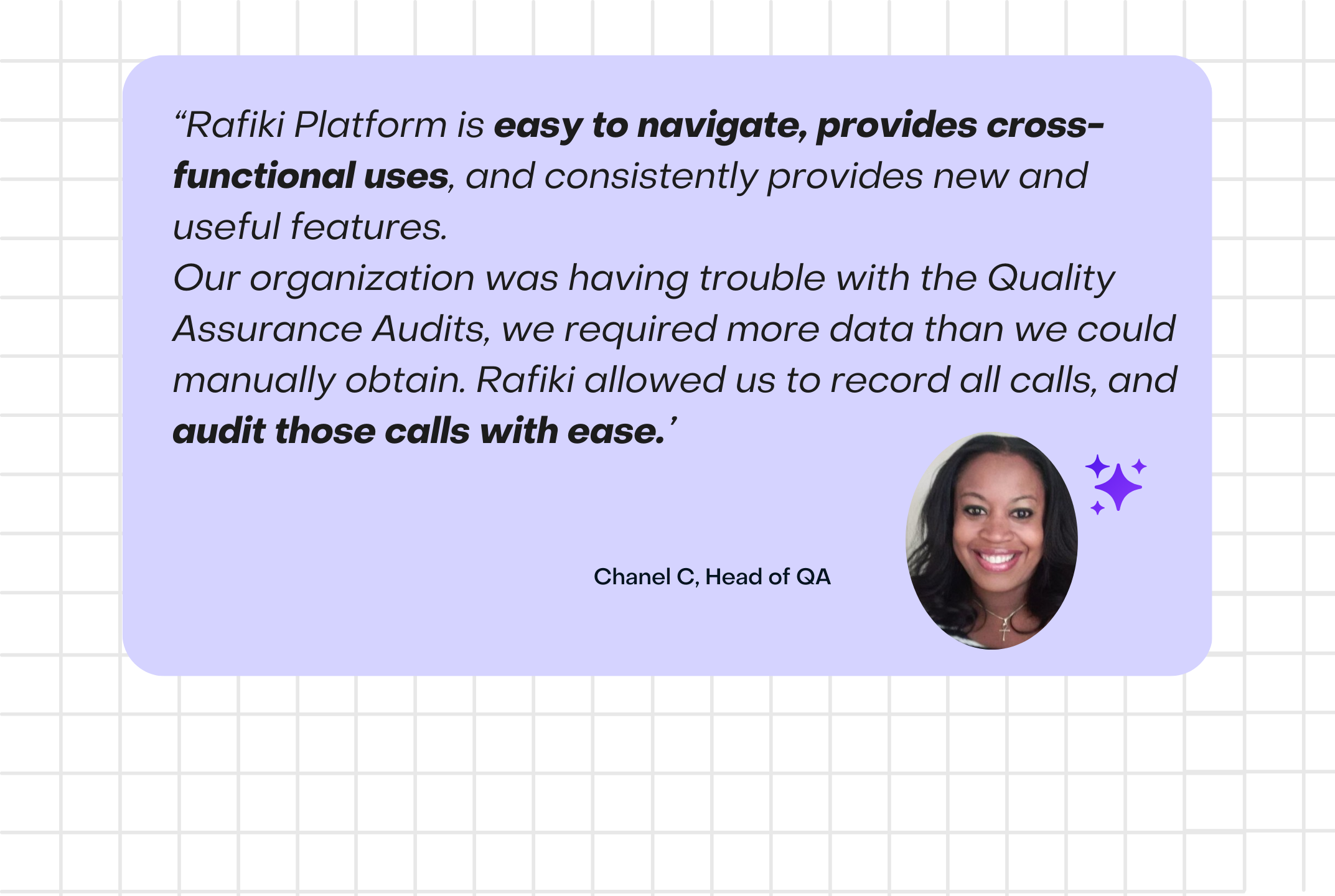From Stagnation to Success: Innovative Strategies for Sales Leaders
In today’s fast-paced business environment, continuous innovation is not just a competitive advantage but a necessity for survival. The sales landscape is constantly evolving, driven by advancements in technology, shifting customer expectations, and the emergence of new market trends. Sales teams that remain stagnant risk falling behind, losing market share, and missing out on growth opportunities. To stay ahead, it is crucial for sales leaders to foster a culture of innovation within their teams and reduce stagnation.
Chief Sales Officers (CSOs) and Chief Revenue Officers (CROs) play a pivotal role in driving this change. These leaders are responsible for setting the strategic direction, implementing innovative practices, and ensuring that their teams are equipped with the necessary tools and skills to succeed. By championing innovation, CSOs and CROs can inspire their sales teams to adopt new approaches, leverage cutting-edge technologies, and continually improve their performance.
CSOs and CROs are uniquely positioned to lead the charge in transforming sales operations. According to Harvard Business School, fostering innovation requires leaders to create an environment that encourages creative thinking and new ideas, which is crucial for adapting to market changes and achieving long-term success. Additionally, the CIO Leadership Council emphasizes that a positive corporate culture, open communication, and regular assessments are key to embedding innovation into an organization’s core values.
By fostering a culture of innovation, these leaders can help their organizations navigate the challenges of today’s dynamic market and achieve sustained success.
Understanding Sales Stagnation
Defining Sales Stagnation and Its Impact on Business Growth
Sales stagnation occurs when a sales team’s performance plateaus, leading to little or no growth in sales revenue. This stagnation can severely impact a business by limiting its ability to expand, reduce market share, and erode competitive advantage. A stagnant sales team can hinder the overall growth trajectory of the company, affecting profitability and long-term sustainability.
Common Signs and Causes of Stagnation in Sales Teams
Common signs of sales stagnation include consistent failure to meet sales targets, low morale among sales representatives, and a lack of new customer acquisition. The causes of stagnation can be multifaceted, including inadequate training, outdated sales strategies, poor leadership, lack of innovation, and insufficient use of technology. Recognizing these signs and addressing the underlying causes is crucial for revitalizing sales performance and driving business growth.
The Role of Leadership in Fostering Innovation
Inspiring and Driving Innovation through Effective Leadership
Effective leadership is crucial in fostering an innovative environment within a sales team. Leaders who inspire and drive innovation do so by creating a culture that values creativity, encourages risk-taking, and rewards innovative thinking. They set a clear vision for the future, communicate the importance of innovation, and empower their teams to explore new ideas and approaches.By fostering an open and supportive environment, leaders can stimulate the intellectual curiosity of their sales teams. This approach helps unlock their creative potential. As a result, it leads to breakthrough innovations and sustained competitive advantage.
Responsibilities of CSOs and CROs in Promoting a Culture of Innovation
Chief Sales Officers (CSOs) and Chief Revenue Officers (CROs) have specific responsibilities in promoting a culture of innovation within their organizations:
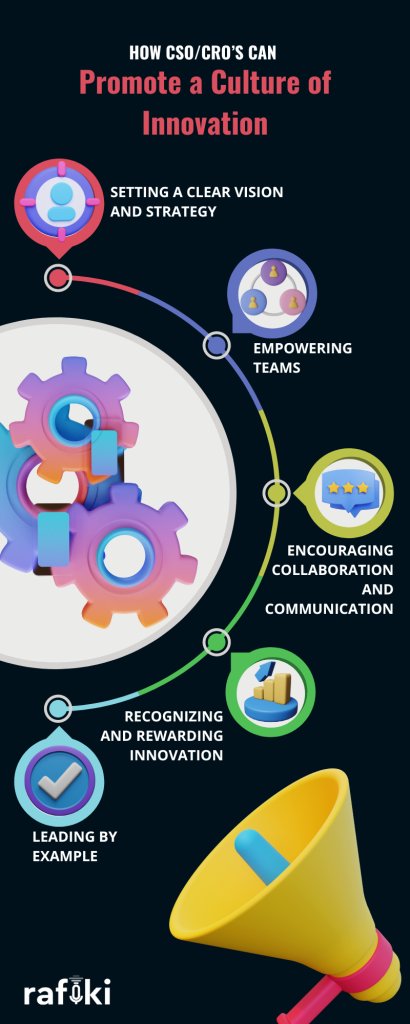
Setting a Clear Vision and Strategy
CSOs and CROs must articulate a compelling vision for innovation that aligns with the company’s strategic goals. This involves identifying key areas for innovation, setting ambitious yet achievable targets, and developing a roadmap for achieving these objectives.
Empowering Teams
Leaders must empower their sales teams by providing the necessary resources, training, and autonomy to experiment with new ideas. This involves investing in advanced sales tools. Additionally, it includes offering continuous professional development opportunities and fostering a mindset of continuous improvement.
Encouraging Collaboration and Communication
CSOs and CROs should encourage cross-functional collaboration and open communication within the organization. By breaking down silos and facilitating the exchange of ideas between sales, marketing, product development, and other departments, they can create a more integrated and innovative approach to solving business challenges.
Recognizing and Rewarding Innovation
To sustain a culture of innovation, it’s essential to recognize and reward those who contribute innovative ideas and solutions. This can be achieved through formal recognition programs. Financial incentives also play a crucial role. Additionally, offering career advancement opportunities for team members who demonstrate a commitment to innovation is essential.
Leading by Example
Finally, CSOs and CROs must lead by example by embracing change and demonstrating a willingness to take calculated risks. Their behavior sets the tone for the entire organization, showing that innovation is not just encouraged but is a core value of the company.
By fulfilling these responsibilities, CSOs and CROs can create an environment where innovation thrives, driving continuous improvement and ensuring long-term business success.
Strategies to Ignite Innovation in Sales Teams
Encourage a Growth Mindset
Fostering a growth mindset within your sales team involves promoting a culture of continuous learning and adaptability. Encourage team members to embrace challenges, learn from failures, and seek out new knowledge and skills. Providing access to training programs, workshops, and industry conferences can help sales professionals stay up-to-date with the latest trends and techniques.
Provide Resources for Professional Development Invest in professional development resources such as online courses, certifications, and mentorship programs. By supporting your team’s growth, you empower them to innovate and bring fresh perspectives to their roles. A well-equipped and knowledgeable sales team is more likely to identify new opportunities and develop creative solutions to challenges.
Leverage Technology and Data
Adopting advanced sales enablement tools and CRM systems can significantly enhance your team’s efficiency and effectiveness. These technologies streamline workflows, automate routine tasks, and provide valuable insights into customer behavior. Tools like Salesforce, HubSpot, and Microsoft Dynamics offer features that help sales teams manage leads, track interactions, and close deals more effectively.
Utilize Data Analytics to Make Informed Decisions and Personalize Sales Strategies Leveraging data analytics allows sales teams to make informed decisions based on real-time information. By analyzing customer data, sales professionals can personalize their strategies, tailor their messaging, and identify high-potential leads. Data-driven decision-making leads to more targeted and effective sales efforts, ultimately driving better results.
Foster Collaboration and Communication
Encourage cross-functional collaboration by breaking down silos between sales, marketing, and customer service teams. This integrated approach ensures that all departments work together towards common goals, share insights, and leverage each other’s strengths. Collaborative efforts lead to more cohesive strategies and improved overall performance.
Encourage Open Communication and Feedback Promote a culture of open communication where team members feel comfortable sharing ideas, providing feedback, and discussing challenges. Regular team meetings, brainstorming sessions, and feedback loops can help identify areas for improvement and spark innovative ideas. Transparent communication fosters trust and collaboration, essential for driving innovation.
Innovative Sales Techniques and Processes
Implementing innovative sales methodologies such as SPIN Selling, GAP Selling or the Challenger Sale can revitalize your sales approach. These methodologies provide structured frameworks that help sales teams understand customer needs, challenge their assumptions, and present compelling solutions. Adopting new techniques keeps the sales process dynamic and responsive to changing market conditions.
Automate Routine Tasks to Allow Sales Reps to Focus on High-Value Activities: Automation tools can handle repetitive tasks such as data entry, follow-up emails, and scheduling. This frees up sales reps to focus on high-value activities. These activities include building relationships and closing deals. Tools like Rafiki automate CRM updates, follow-up communications, and meeting summaries, enhancing productivity and allowing sales professionals to concentrate on strategic initiatives.
Automate Routine Tasks
Reward and Recognize Innovation
Creating a formal system for recognizing and rewarding innovation encourages team members to think creatively and take risks. Recognizing innovative ideas through awards, bonuses, or public acknowledgment reinforces the value of innovation within the organization.
Create Incentives for Team Members Who Contribute to Innovative Solutions: Offer incentives for team members who contribute innovative solutions. These incentives can be monetary rewards. Career advancement opportunities are also effective. Additionally, provide extra resources for their projects.Incentivizing innovation motivates sales professionals to continuously seek out and implement new ideas, driving ongoing improvement and success.
By implementing these strategies, sales leaders can ignite innovation within their teams, driving increased performance, growth, and competitive advantage.
Wrapping Up
In conclusion, fostering innovation within sales teams is essential for driving business growth and maintaining a competitive edge in today’s dynamic market. Effective leadership plays a crucial role in inspiring and guiding this innovation, with Chief Sales Officers (CSOs) and Chief Revenue Officers (CROs) at the forefront of this effort. Promote a growth mindset among your sales team. Leverage technology and data to drive efficiency. Foster collaboration across departments. Implement innovative sales techniques. Recognize and reward creative contributions. These steps can ignite a culture of innovation. This culture will propel your team to new heights.
Innovation is not a one-time initiative but a continuous process that requires commitment and proactive measures. It empowers sales teams to adapt to market changes, meet evolving customer needs, and outperform competitors. As CSOs and CROs, taking proactive steps to embed innovation into the core of your sales strategy will not only enhance team performance but also drive long-term business success.
Embrace the challenge of leading your sales teams through innovation. By doing so, you will unlock new opportunities, drive significant growth, and secure a prosperous future for your organization.
